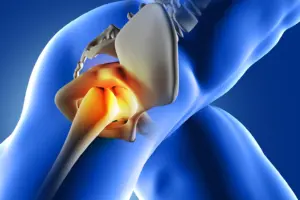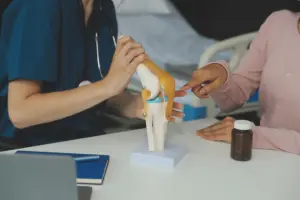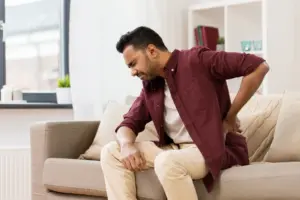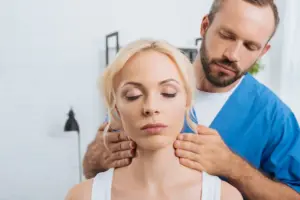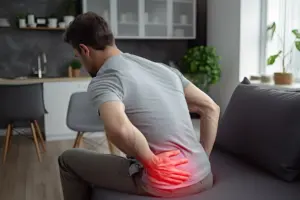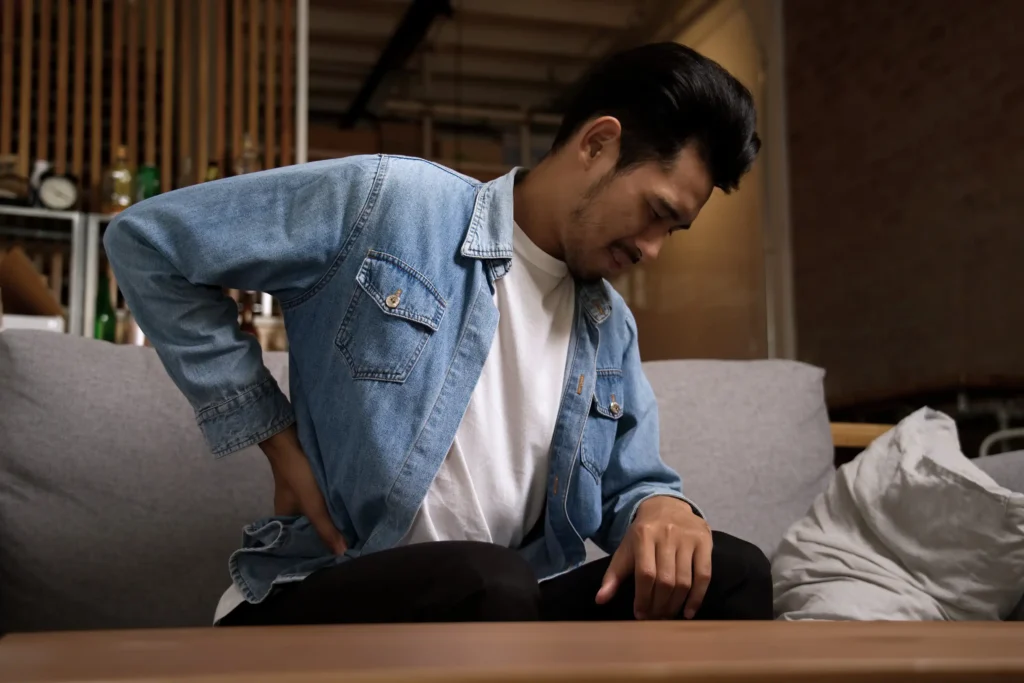
Chronic hip pain causes: Have you ever experienced a dull ache in your hip that just doesn’t go away? You are not alone. Chronic hip pain is a widespread problem for many people, and one of the sneakiest causes is something that we might ignore: poor posture and body imbalance. You might think hip pain only comes from injuries or ageing, but the way you sit, stand, and walk every day plays a critical role.
What is chronic hip pain?
It means the pain lasts for more than just a few weeks or is recurrent. It might feel like a sharp or dull ache in the front or back of your hip, accompanied by stiffness or reduced movement. You may experience pain while sitting, standing, walking, or even sleeping. It can start small and slowly worsen over time. Many people don’t even notice it until the pain becomes part of their daily life.
Also Read | Hip pain or lower back pain? How to tell what’s really hurting you
The hidden culprit of hip pain: poor posture
Let’s face it, many people spend a lot of time sitting. Whether it’s working at a desk, lounging on the couch, or scrolling endlessly on our phones, we often stay in the same position for hours. And here’s the problem: we’re usually not sitting the right way. While these habits, such as slouching, leaning to one side, crossing legs for extended periods, or hunching over a screen, may seem comfortable at first, they can gradually cause your body to become out of alignment, particularly in the hip area.
How does an imbalance affect the hips?
Your hips are a part of your core support system. They connect your upper and lower bodies and play a critical role in walking, standing, and even sitting. An incorrect posture alters the distribution of pressure and weight across your hips. Poor posture often leads to tight hip flexors. This happens a lot when you sit for long hours. Tight hip flexors pull your pelvis forward, putting extra strain on your lower back and hips.
When you sit too much, your glute muscles become weak and lazy. These muscles are supposed to support your hips, but if they are not doing their job, other parts, like the hip joints and the lower back, have to work hard. Postural imbalance can cause an anterior pelvic tilt, where your pelvis tilts forward. This tilt puts extra pressure on your lower back and hips and can lead to chronic pain over time.
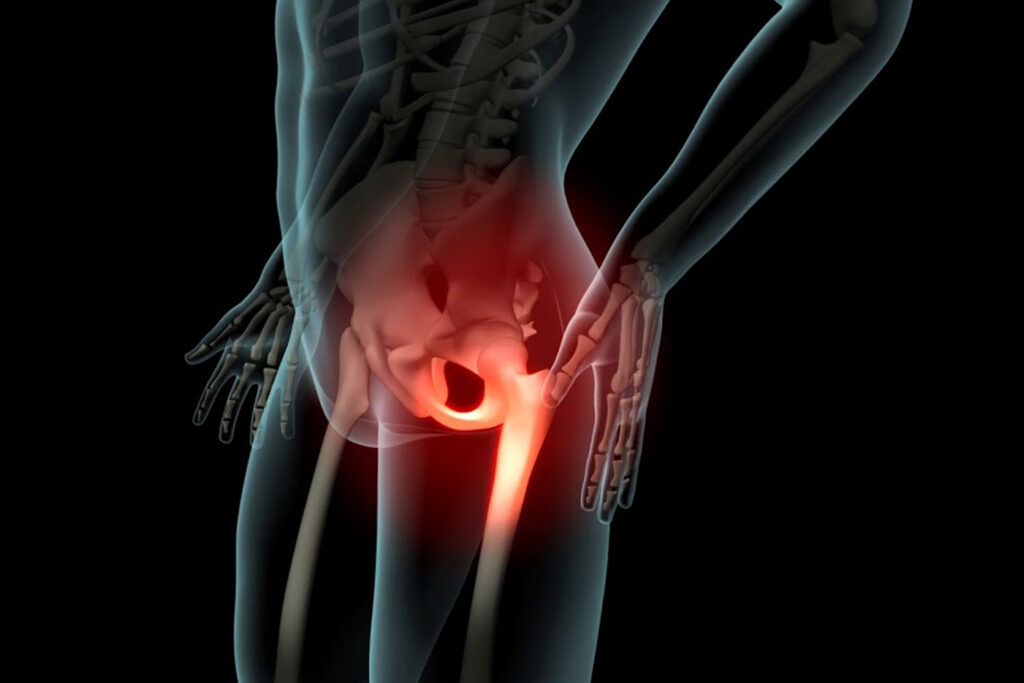
Hip pain: Warning signs to watch for
Stiff hips when you stand up, clicking or popping sounds in your hip, or even nagging lower back pain, are all signs that your posture might be off balance and needs attention.
Also Read | Hip pain isn’t just for seniors: Why young adults are affected too
Remember, posture isn’t just about how you look; it deeply affects how you feel. Poor posture and body imbalances can slowly lead to chronic hip pain. The good news? It’s fixable, and the first step is simply becoming aware.




